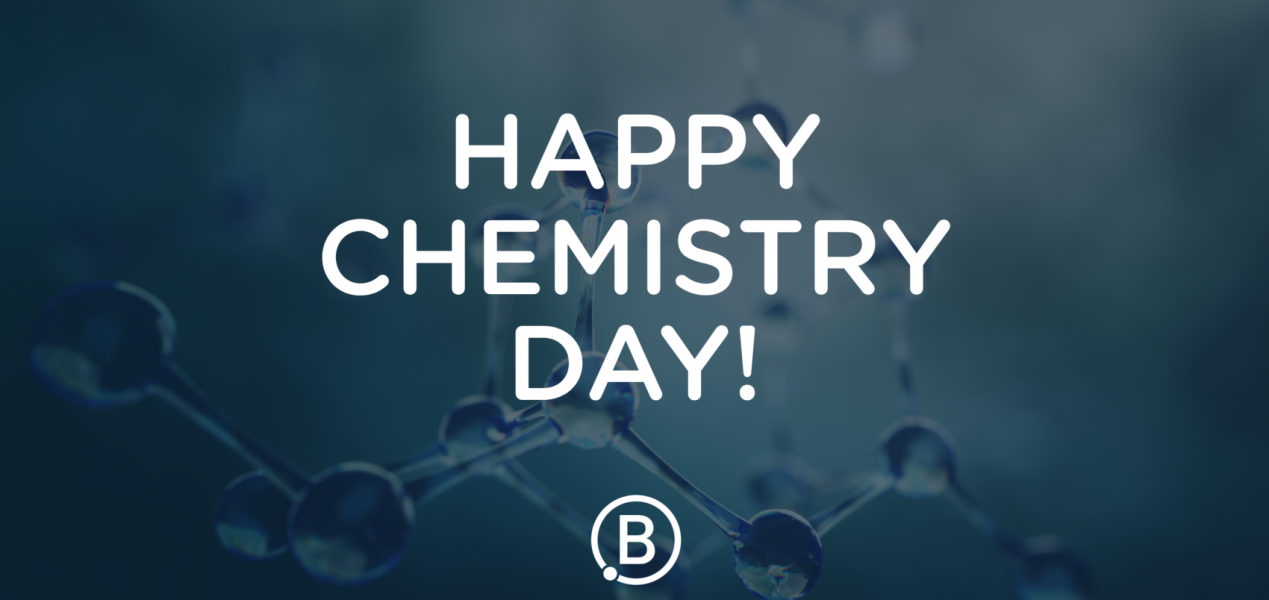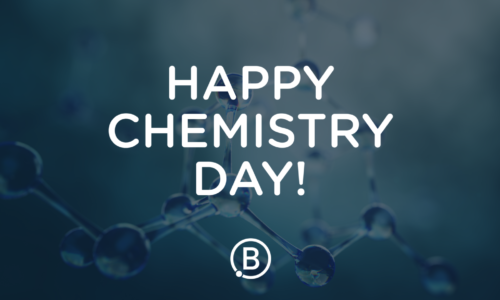November 15 has a special place in our calendar: as every year since 2002, we celebrate Chemistry Day.
At Grup Barcelonesa, we want to take advantage of this day to give our sector back its leading role and make the great influence of chemistry on social progress visible.
The 10 most revolutionary discoveries in chemistry
The achievements of chemistry tend to be overshadowed by those of other more “photogenic” sciences, which generate more headlines and fill more pages in the general press.
That is why we believe that today is a good opportunity to showcase some of chemistry’s most famous discoveries.
1.- The first vaccine in history
Smallpox is one of the most lethal diseases in existence.
It is estimated that over 300 million people have died from smallpox.
Faced with this serious public health problem, chemist Edward Jenner discovered in 1796 that by injecting a sample of the less virulent bovine smallpox into a child, the child survived and became immune to human smallpox.
This was the beginning of the smallpox vaccine that has saved millions of lives since then.
2.- Penicillin, the antibiotic that saved millions of lives
We all know the story of Fleming, who accidentally discovered a strange mould growing on a neglected Petri dish.
Around the fungus, the bacteria on the plate had died, which led him to believe that the mould had bactericidal properties. However, he failed to extract penicillin in useful quantities.
It wasn’t until 10 years later, when Australian Howard Florey and his team of chemists discovered a way to extract penicillin in large quantities for use.
3.- The Haber-Bosch process and population growth
Although nitrogen is the most abundant gas in our atmosphere, we living beings cannot assimilate this atmospheric nitrogen.
Moreover, this element is essential for crop growth. In fact, its scarcity has always been a limiting factor in agricultural production.
The German chemists Fritz Haber and Carl Bosch changed this, as they managed to combine atmospheric nitrogen with hydrogen to form ammonia. And this compound can be incorporated by plants to use as fertilizer.
Without a doubt, this was a great advance in agro-chemistry, which was key to the population explosion that took place at the beginning of the 20th century.
4.- The accidental discovery of plastic
As early as 1898, the German chemist Hans von Pechmann accidentally synthesised the polyethylene molecule.
But as with penicillin, he failed to extract anything useful from this compound, despite his efforts.
It was not until 1933 that ICI laboratories in England discovered the method for creating one of the most common plastics in use today.
5.- The contraceptive pill and the Mexican yam
Due to the high cost of producing progesterone, Russel Marker – a professor of organic chemistry – travelled to Mexico in search of a way to obtain it from plants.
Thus, he discovered in the root of the yam a component that, in a simple way, he could convert into progesterone.
This led to the manufacture of the first oral contraceptive, which brought about a major social change.
6.- The current screens
The idea of flat screens had been in the making since the 1960s, when a British defence minister insisted on incorporating them into military vehicles.
At that time, LCDs (liquid crystal displays) were already a reality, but they only worked at high temperatures.
In 1970, George Gray succeeded in making LCDs work at room temperature by inventing a molecule known as 5CB.
Today, all the screens we use are made up of derivatives of that first molecule.
7.- Radioactivity
Antoine Becquerel discovered radioactivity when he saw that uranium fluoresced.
But it was Pierre and Marie Curie who began research in this field, with their discovery of polonium and radium in 1898.
This important discovery created the basis for innovations such as X-rays, nuclear energy and radiotherapy.
8.- Energy production
There are many chemical experiments and discoveries in the area of energies.
We have gone from a time when the greatest efforts were focused on the use of fossil fuels, to a more current era related to electricity.
Nowadays, however, chemical research is focused on the development of more sophisticated batteries.
9.- Pasteurisation, another lifesaver
Discovered by the French scientist Louis Pasteur, pasteurisation is the method of sterilising milk at high temperatures.
Then applied in the food industry, it prevented the growth of microbes that were causing illness – and death – through the ingestion of contaminated food and drink.
10.- The solar panels
We have already seen that chemistry has played a fundamental role in the advancement of energy technologies. And renewables were not going to be an exception.
In fact, our discipline is responsible for the creation of new materials capable of using sunlight, as is the case with the silicon that solar panels are made of.
And this is where we come in with some of chemistry’s most important contributions.
Although not as well known as other sciences, its contribution to society is undeniable.
It is no exaggeration to say that chemistry has created the world as we know it today.
That is why, from Grup Barcelonesa, we congratulate the members of our family on this day of special recognition for the work of our sector.
Happy Chemistry Day!


